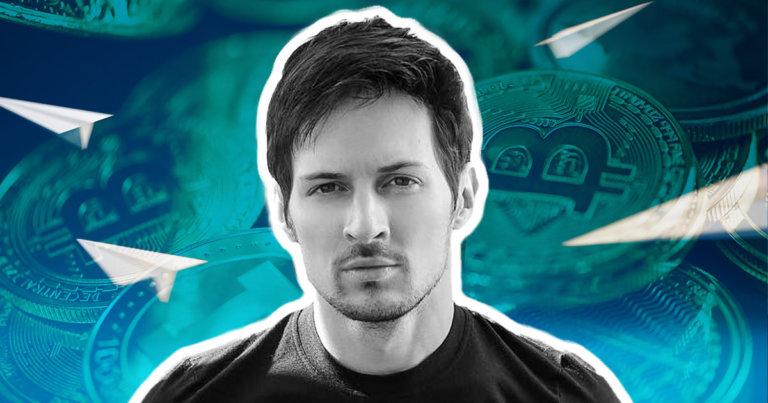 Telegram founder voices discontent about proposed Russian crypto ban
Telegram founder voices discontent about proposed Russian crypto ban Telegram founder voices discontent about proposed Russian crypto ban
Russia’s apex bank to ban crypto will only give room for unscrupulous player to grow.

Cover art/illustration via CryptoSlate. Image includes combined content which may include AI-generated content.
Russia’s apex bank plan to impose a blanket ban on crypto activities like trading and mining has been met with stiff resistance from opposition members and the country’s tech community.
Last week, the Russian Central Bank released a report stating that crypto risks are “higher for emerging markets, including Russia” and thus, urged the government to ban the space from the country entirely.
Crypto ban will not stop unscrupulous players — Telegram founder
This report, however, did not sit well with the founder of a popular tech platform, Pavel Durov, who believed that the ban would hamper the development of blockchain tech in the country, and not only that, the ban was also going to destroy several sectors of the high-tech economy. Durov said:
“A ban will inevitably slow down the development of blockchain technologies in general. These technologies improve the efficiency and safety of many human activities, from finance to the arts.”
The Telegram founder continued that the ban would lead to the demise of legal projects being developed in the space, and at the same time, it would not be able to deter criminals from the industry.
“The desire to regulate the circulation of cryptocurrencies is natural on the part of any financial authority. However, while recommending a total ban on cryptocurrencies, the Central Bank of the Russian Federation suggests throwing the baby out with water. Such a ban is unlikely to stop unscrupulous players, but it will put an end to legal Russian projects in this area.”
Durov’s view was also corroborated by Leonid Volkov, the chief of staff to Alexei Navalny, an opposition leader in Russia.
According to Volkov, banning crypto was impossible. But he added that the government could “make it very difficult to deposit funds on crypto exchanges, which means that intermediary services will simply appear that will do this through foreign jurisdictions. Yes, transaction costs will rise.”
Does crypto ban regulations work?
While Russia is the latest country to propose a blanket ban on crypto-related activities within its jurisdiction, a cursory look at other countries that have towed the same path would show that citizens usually devised a new means of accessing the space.
In China, for example, the crypto ban forced miners and other crypto-related firms out of the country last year, but several reports have emerged that citizens continue to not only mine digital assets but also trade the tokens.
Apart from China, Nigeria’s apex bank also ordered all financial institutions to stop providing their services to crypto firms, but despite the ban, the African country dominates the region’s peer-to-peer crypto trades as citizens now transact directly among themselves in order to bypass the government regulation.










































































































